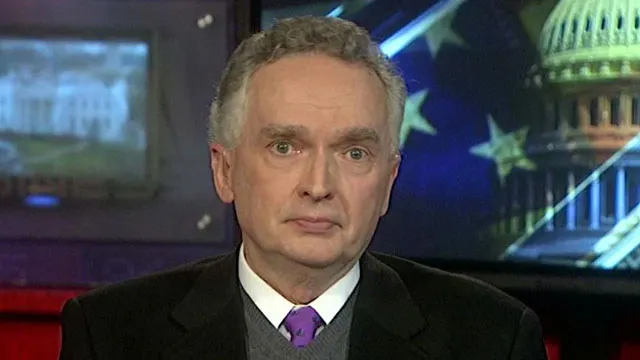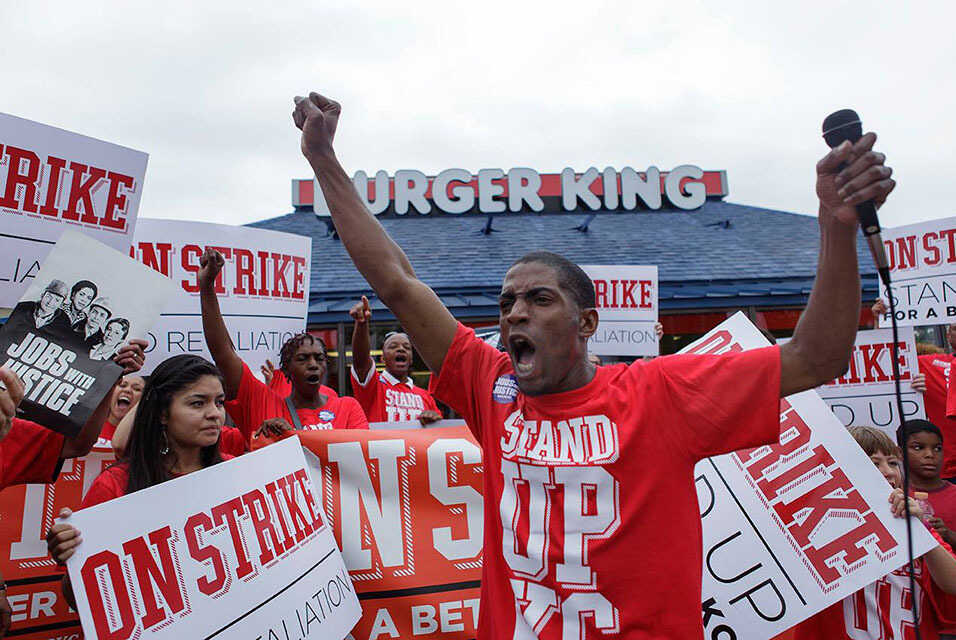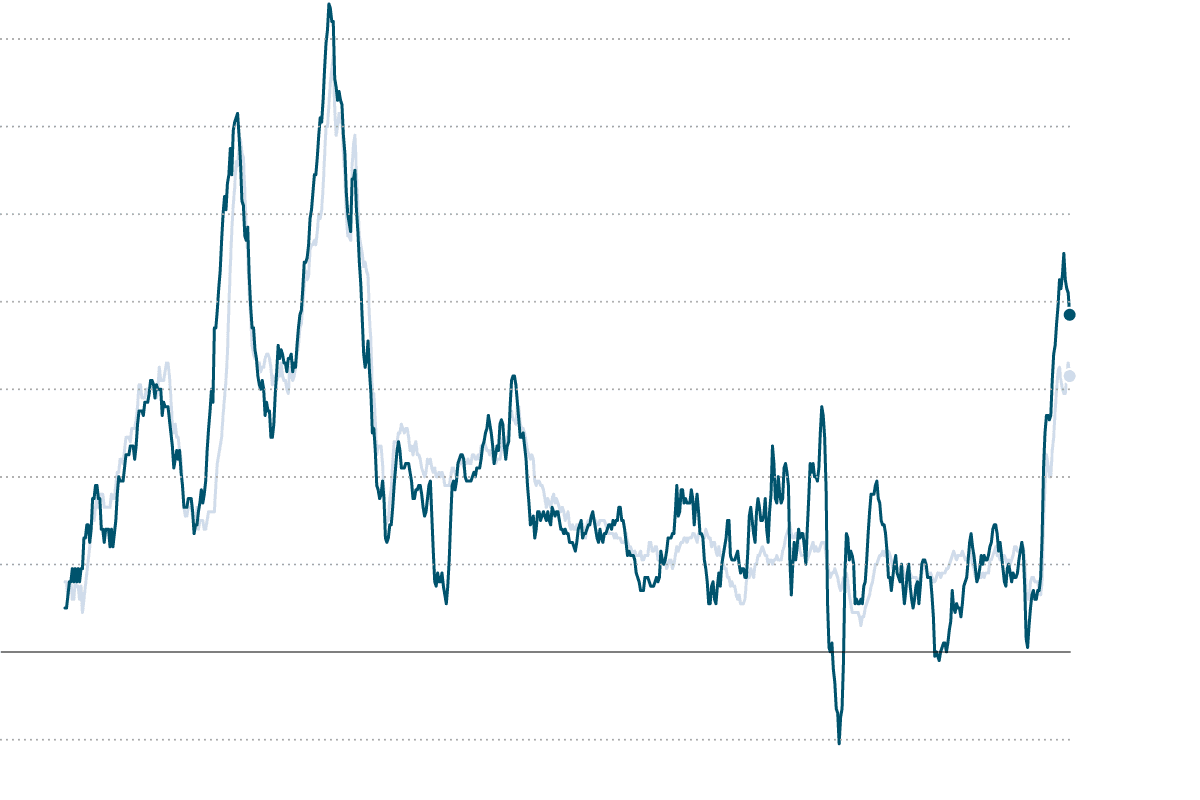The disparity between corporate profits and worker wages has reached an alarming level, with recent data revealing that corporations are reaping a staggering $1.5 trillion in excess profits while workers face stagnant wages. This trend highlights the urgent need for systemic change in our economic policies to address wealth inequality and ensure fair compensation.
Corporations Rake in Record Profits
According to a recent analysis by the Economic Policy Institute, corporate profits have increased by nearly 50% over the past two years, a record high that starkly contrasts with the compensation received by the average worker. As companies continue to thrive, the workers who drive this success are left behind, receiving only a fraction of the profits they help generate. This situation begs the question: where is the accountability for this corporate greed?
Workers Struggle with Stagnant Wages
Despite the boom in corporate profits, wages for the average worker have barely budged. The Bureau of Labor Statistics reports that real wages, adjusted for inflation, have remained stagnant for over a decade. As reported by the Economic Policy Institute, this wage stagnation is creating a chasm between the rich and the poor, exacerbating wealth inequality and leading to a decline in living standards for millions.

Peters: Hagel Has Earned Congressional Hearing | Fox Business Video
Impact of Tax Policies Favoring the Wealthy
Tax policies that favor the wealthy have further entrenched this inequality. The recent tax cuts, which primarily benefit corporations and high-income earners, have exacerbated the situation. According to IRS data, the top 1% of earners now control more wealth than the bottom 90% combined. This concentration of wealth is not only unsustainable but poses a threat to our democracy.
Calls for Progressive Taxation and Fair Wages
In response to this growing crisis, advocates for economic justice are calling for progressive taxation and policies aimed at raising the minimum wage. Organizations such as the Minimum Income Project argue that increasing the minimum wage to a living wage is essential for ensuring that workers receive fair compensation for their labor. With inflation rising and the cost of living skyrocketing, it is time for policymakers to take action and prioritize the needs of workers over corporate profits.

Fight For $15 "Gives Me Hope": How Low-Wage Workers Rose Up Against ...
Future of Economic Justice
The current economic landscape is unsustainable, and the voices of marginalized communities must be amplified in discussions about economic policy. The call for accountability in corporate practices and fair wages is not just an economic imperative; it is a moral one. As we head into the next election cycle, voters must demand that candidates address these pressing issues and commit to policies that promote economic justice for all.







![[Video] Gunfire between Iraqi security forces and Sadr militias in Baghdad](/_next/image?url=%2Fapi%2Fimage%2Fthumbnails%2Fthumbnail-1768343508874-4redb-thumbnail.jpg&w=3840&q=75)
